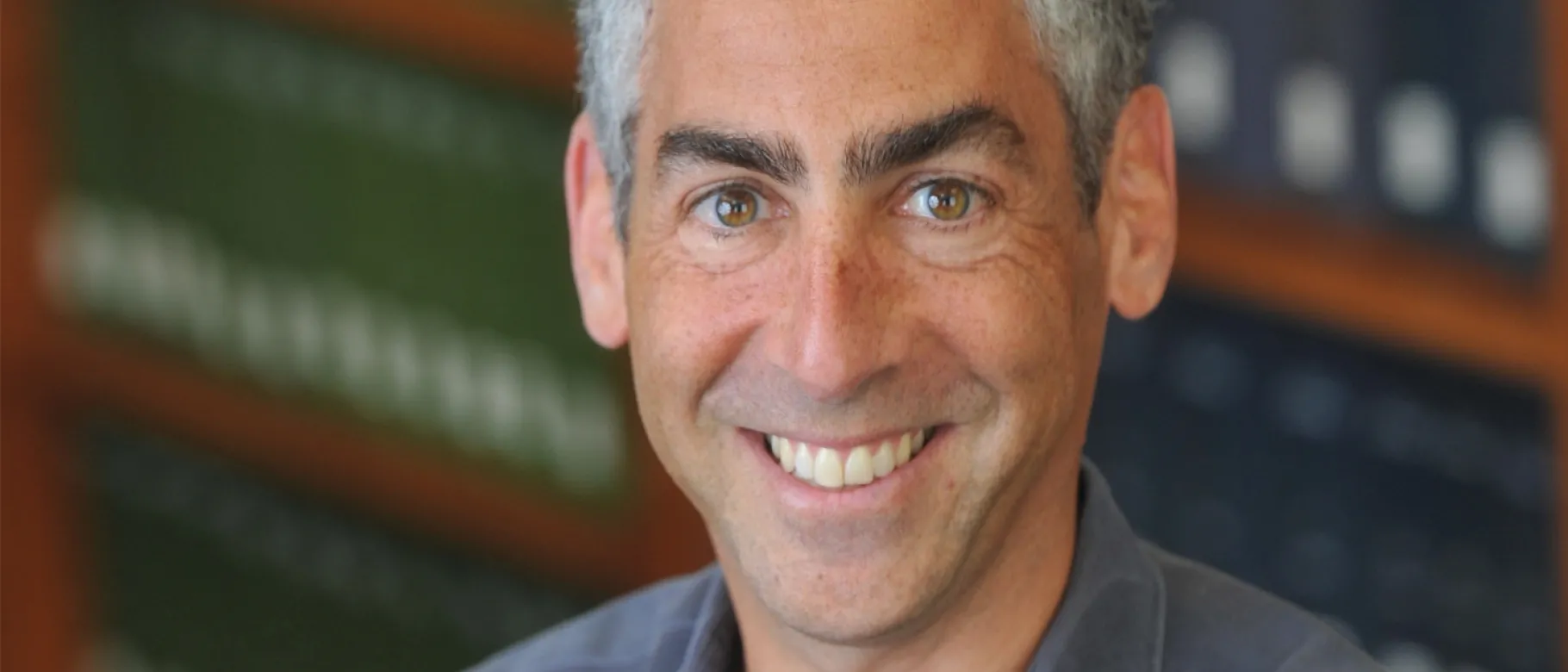UNE Center for Global Humanities presents “What is the Difference between Investing, Speculating, and Gambling?”

For centuries, we have largely agreed that investing is useful and ought to be encouraged, while gambling is dangerous and ought to be discouraged. But what about speculation, which lies somewhere between the two? On this, our opinions are no less varied today – a decade after the Great Recession – than they were following history’s other great crashes, panics, and economic downturns.
Legal historian Stuart Banner will explore the murky territory between financial transactions considered prudent and wise and ones considered reckless and irresponsible in a lecture titled “What is the Difference between Investing, Speculating, and Gambling?” at the University of New England Center for Global Humanities. The lecture will take place on Monday, March 26 at 6:00 p.m. at the WCHP Lecture Hall in Parker Pavilion on the UNE Portland Campus.
Banner will discuss the United States’ legal and regulatory efforts to promote speculative commerce that can benefit markets, while also seeking to limit the types of risky commerce that can threaten market stability. As Banner will explain, drawing the line between investing and gambling is no easier today than it was centuries ago.
A professor of law at UCLA, Banner is the author of nine books, including: Speculation: A History of the Fine Line between Gambling and Investing (Oxford University Press); The Baseball Trust: A History of Baseball’s Antitrust Exemption (Oxford University Press); American Property: A History of How, Why, and What We Own (Harvard University Press); Who Owns the Sky? The Struggle to Control Airspace from the Wright Brothers On (Harvard University Press); and The Death Penalty: An American History (Harvard University Press). Before turning his attention to teaching and scholarship, he served as a law clerk for the Honorable Sandra Day O’Connor of the U.S. Supreme Court and practiced law.
This is the eighth lecture of the 2017-2018 series for the Center for Global Humanities. In total, nine scholars will visit the center this academic year, presenting lectures that are free, open to the public, and streamed live online.
To learn more about the Center for Global Humanities, visit www.une.edu/cgh
To apply, visit www.une.edu/admissions